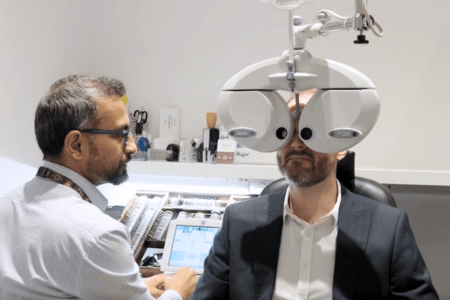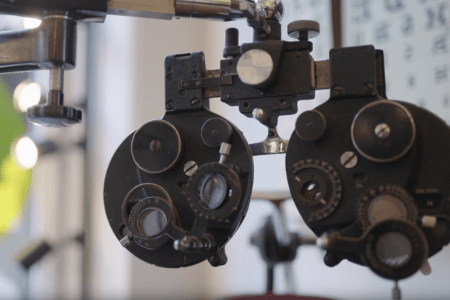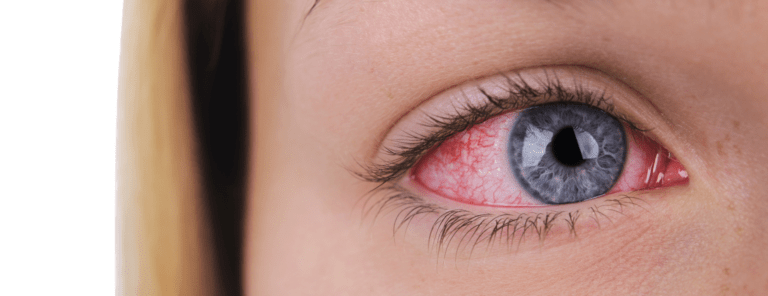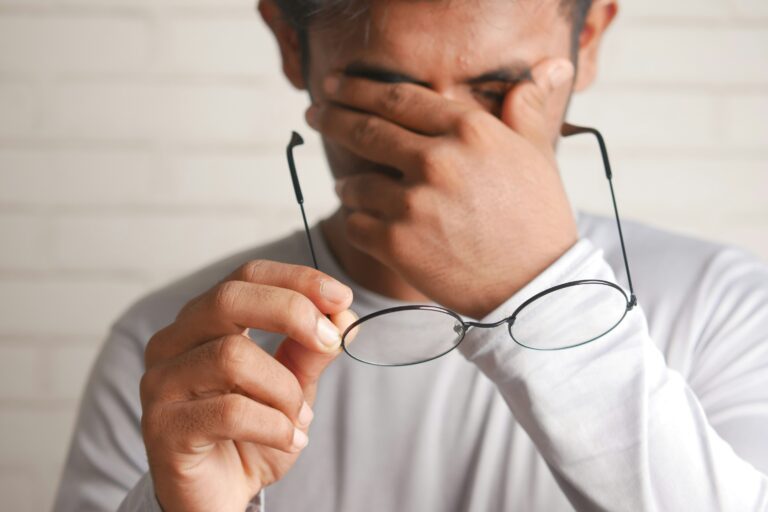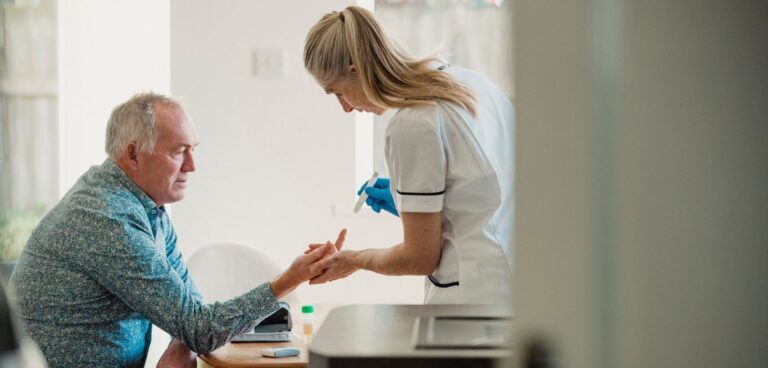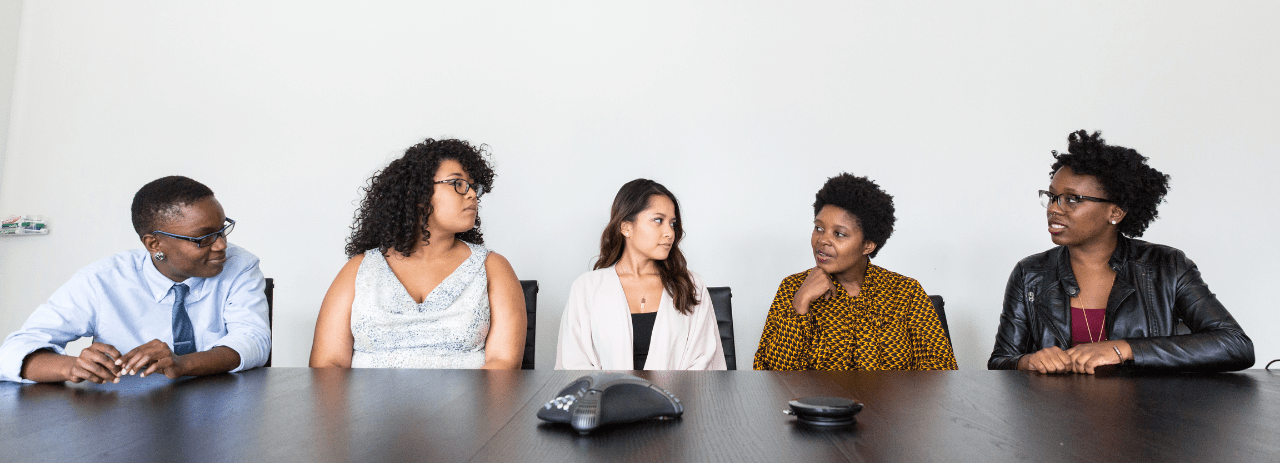
Vision really matters!
Sight is the sense people fear losing the most, yet many of us don’t know how to look after our eyes.
Monday 19th – Sunday 25th September is National Eye Health Week – a great way to remind ourselves of how to keep our eyes in tip-top condition. Eyesight can be taken for granted, only when we start to lose our sight do we realise how important our vision is to our overall health. National Eye Health Week aims to prevent avoidable vision loss and everyone at Whitby & Co is supporting the week.
How to Keep Your Eyes Healthy
So, what can you do to keep your eyes healthy?
Here are some important tips:
Have regular sight tests
Did you know at least half of sight loss is avoidable.
Most people think of an eye health check as just a sight test but it is so much more. During an eye examination, your optometrist will be able to identify key signs of underlying general health conditions, such as diabetes, high cholesterol and high blood pressure. It is recommended that everyone have a sight test at least every two years, or more often if your optometrist recommends it. You can book your next eye appointment online.
Eat healthily
Eating a healthy, balanced diet reduces your risk of eye disease. Include lots of omega-3 fats, found in oily fish, and lutein, found in dark-green, leafy vegetables such as spinach and kale. Vitamins A, C and E are also helpful, so eat at least five portions of fruit and vegetables a day. If you have a family history of macular degeneration (losing central vision in the eyes), ask your optometrist about taking nutritional supplements.
Stop smoking
Many people are unaware of the link between smoking and eye disease. If you smoke, stop. Smoking significantly increases the risk of developing eye diseases, such as cataracts and age-related macular degeneration. However long you have smoked it’s never too late to benefit from quitting.
Wear prescribed glasses
Many eye and vision problems develop or increase as we get older. Contrary to the myth, wearing glasses and contact lenses doesn’t make your eyesight worse – they help your eyes work more efficiently.
Take regular breaks
When you work on something close up, such as a computer, tablet or smartphone, your eye muscles are active. This may cause tiredness and headaches, even in those with normal sight. Follow the 20/20/20 rule – every 20 minutes, look at something 20 feet away, for 20 seconds. And don’t forget to blink, as this helps prevent your eyes drying out.
Wear sunglasses
As well as making your vision more comfortable in the sun, sunglasses protect your eyes from UV light. When choosing sunglasses, you should always make sure that they carry the CE or British Standard marks. There are different categories of sunglasses to choose from, including everyday wear, as well as frames for specialist sports. Exposure to UV when young does most harm, so protect children with sunglasses, as well as a hat and sunblock.
Avoid dry eyes
Eyes become dry, tired and sore if you are not producing enough tears or you have poor-quality tears. Central heating, air-conditioning and computer use can make it worse. Many adults suffer with dry eyes due to a health condition or medication. Lubricating eye drops can soothe irritation and reduce discomfort. You may find taking omega-3 supplements helps over time. Drink plenty of water and remember to blink often. If your eyes are persistently dry, tell your optometrist.
More information on Dry Eye Syndrome.
Research your family history
Many eye conditions run in families, from simple long and short sight to more serious diseases, such as glaucoma. Knowledge of problems with sight can help detect a condition before it becomes serious.
Eye problems can affect us at any age
For more information on common eye problems such as:
A full list of common eye problems can be found here.
Do you know the health of your eyes?
Vision Matters have a helpful online Eye Health Calculator where you can find out if you could be doing more to keep your eyes and vision healthy. Try it here.
Visit your optometrist
Remember your optometrist is the first person you should visit if you have any eye concerns. They can assess the problem and, if necessary, refer you to the right place for treatment.
For more information on National Eye Health Week.



